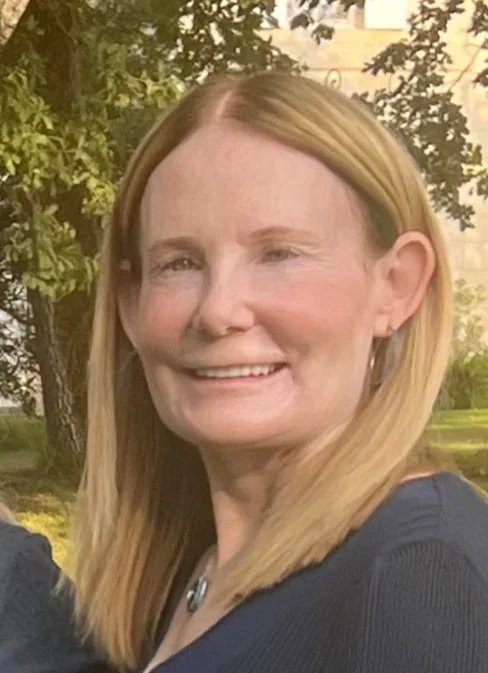About Kitty Wicks, LCSW
Kitty Wicks, is a twin who was born in New Delhi, India. As the daughter of a diplomat, she grew up overseas and attended preparatory school in Wallingford, Connecticut. She earned 11 varsity letters in high school and has travelled to more than 50 countries. She is a joyful mother and mother-in-law to two adult sons and their wives. Kitty brings all of her experiences in order to offer “white glove” treatment to people who live complex and high achieving lives.
Kitty Wicks earned her Bachelor’s degree in Psychology from the College of William & Mary and a Masters Degree in Social Work. She completed her residency and subsequently earned a clinical license to practice psychotherapy in the state of Virginia. She has been a practicing psychotherapist for 25 years. Kitty has been featured on Good Morning Washington to present on topics such as childhood anxiety and ADHD. She was selected as Child/Adolescent Psychotherapist of the year in 2020 by Arlington Magazine.
She has served as a Board Member of: Developmental Delay Resources, Sensory Integration International, Autism Society of Northern Virginia, and the McLean Safe Community Coalition, among others. She has presented numerous trainings to governmental agencies, schools, school systems and community groups on topic such as: anxiety in teens, sibling rivalry, balancing sports and academics, Floortime play therapy and how to motivate the reluctant exerciser. As an avocation, Kitty is a competitive long-distance runner and enjoys F45 HIIT classes. She was a regionally ranked runner and won DC Road Runner’s Club Outstanding Female Masters Runner in 2008. She pioneered the hybrid psychotherapy-fitness model in 2008.
Kitty specializes in working with children, adolescents, and adults using the following treatment perspectives: cognitive-behavioral, developmental, interpersonal, psychodynamic, insight-oriented, play therapy, and fitness/movement therapy. She has also treated from the polyvagal, dialectical behavioral and internal family systems perspective. The cornerstone of her treatment is to begin where the client is and use the best modalities to treat the client.
